Healthcare Cybersecurity: Tips for Securing Private Health Data
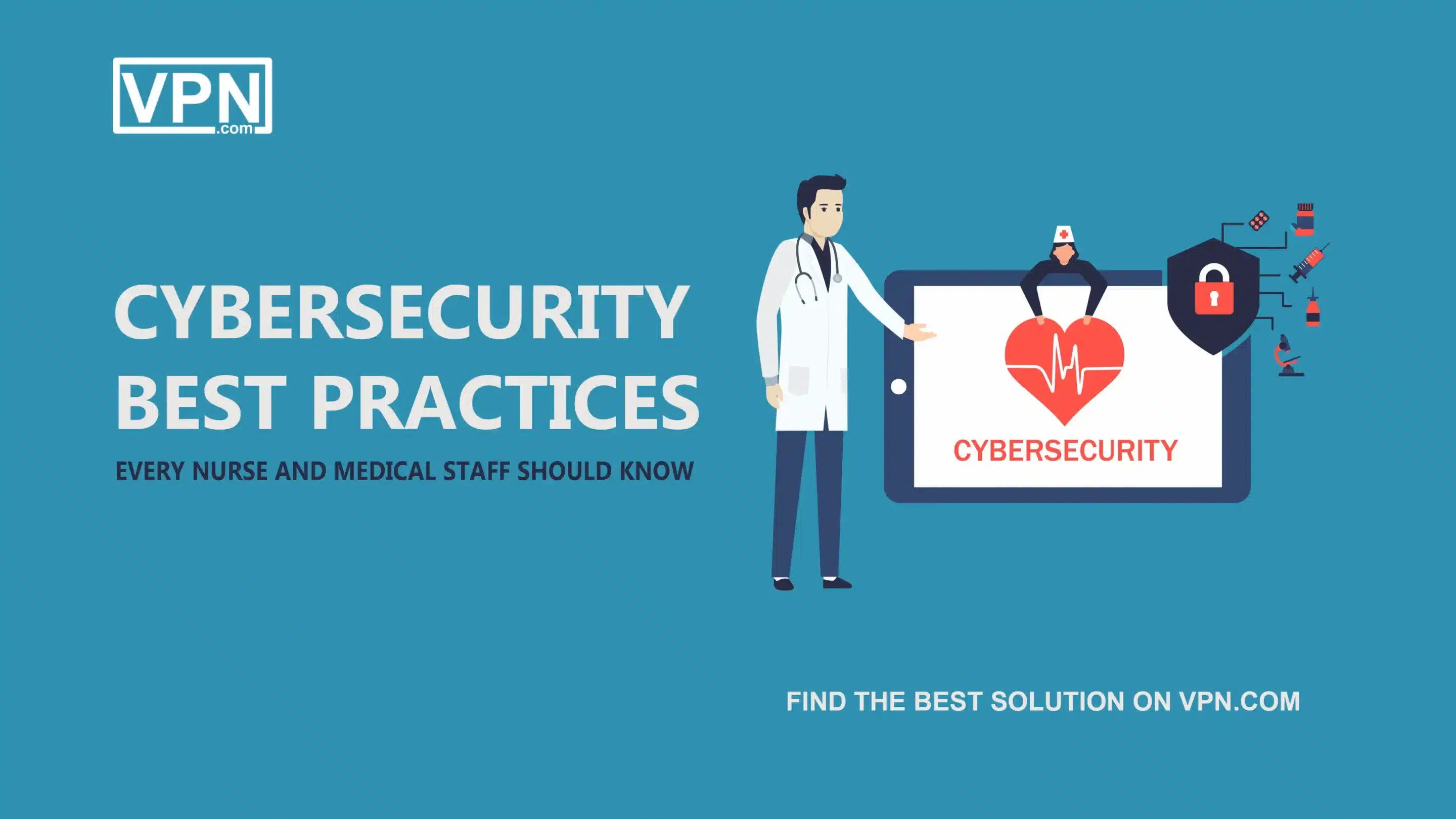
These days, hospitals use a lot of technology. This helps make things faster, but it also means bad people might try to steal private patient information from the computer systems.
As nurses and medical staff, you have direct access to patient records on the computers. This means you are the first defense against cyber attacks or hacking attempts. Even a small mistake could allow someone to see private patient info or mess with the hospital’s systems.
The bad guys are always looking for ways to get private data. By being very careful and following all the cybersecurity tips for nurses and medical staff, you can help protect our patients’ personal information.
A little caution goes a long way in keeping the trust patients have in us. If we all work together and remain watchful, we can stop cyber criminals and keep our patients’ information secure. Your role is super important for this mission to succeed.
Bad Guys Want Your Data
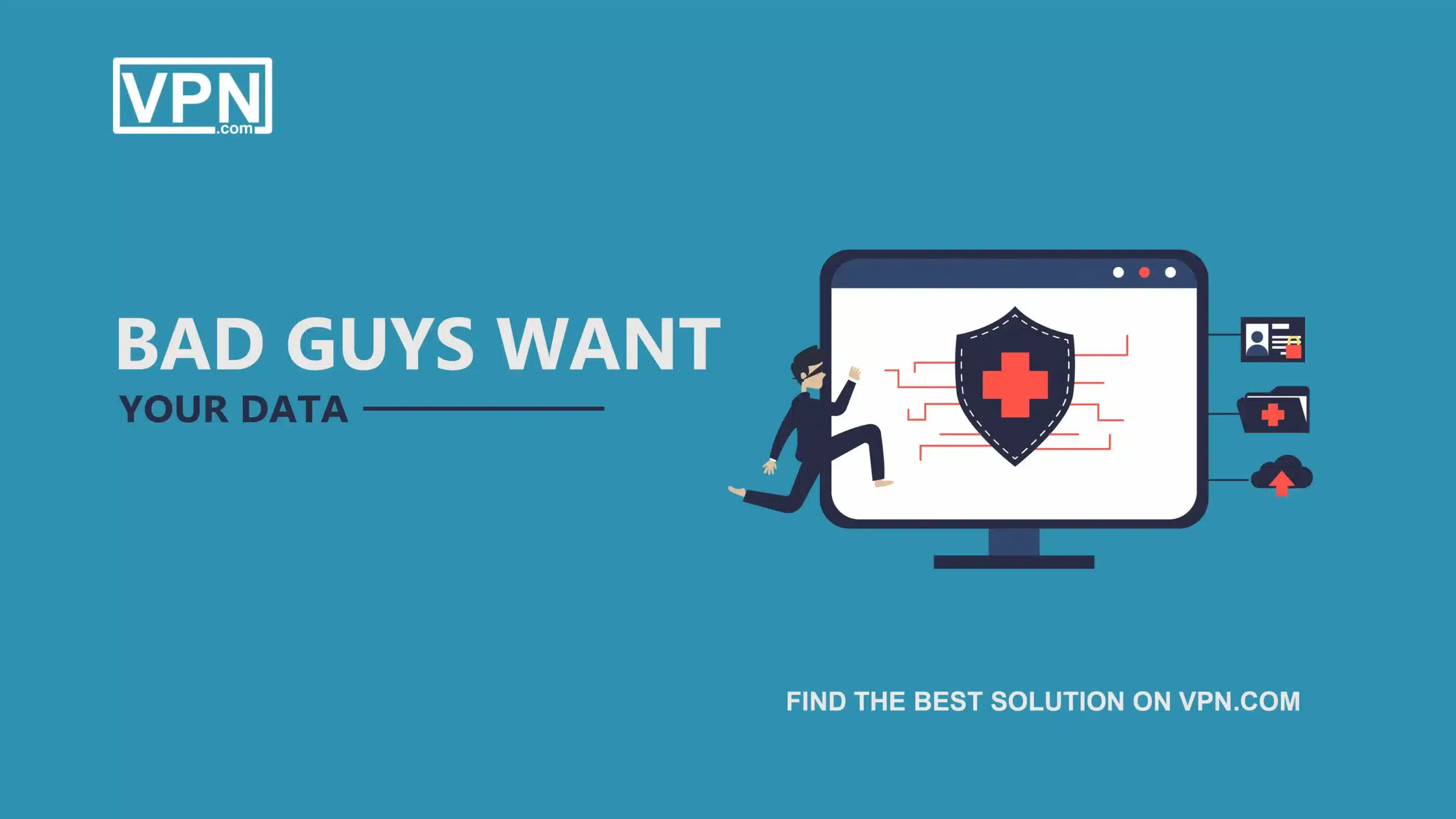
Hospitals have lots of valuable personal information about patients. Things like names, medical records, and financial details. Bad people want to get this data. They can use it to take advantage and make money in bad ways.
Common Cyber Attacks
There are following common cyber attacks which are as follows:
Ransomware Lockdown
Imagine a bad computer program locking all your files and demanding money to unlock them. This can really mess things up and stop you from helping patients.
Phishing Tricks
Watch out for fake emails, texts or calls trying to trick you into giving away private info. The bad guys can be very convincing.
Data Leaks
Sometimes, unauthorized people find a way to access and steal confidential patient data. This is very bad for the hospital.
So Much At Risk
A successful cyber attack is really bad news. It costs a ton of money. It damages the hospital’s good name. It disrupts how we care for patients. And it makes people lose trust in us. Patients trust us with their personal information – we absolutely must protect it no matter what.
Your Role Matters
By staying vigilant and following all the cybersecurity tips for nurses and medical staff, you are helping keep patient data safe and hospital systems running properly. A little caution from you can prevent a really bad cyber incident.

Get Started w/ NordVPN Today
- Top-rated VPN for OS unknown
- Ultra-fast speed in US in 2024
- Save 69% off with VPN.com Discount
- Plans starting at $2.99/month
- Rated 4.5/5 on Google Play with over 825,000 reviews
- Rated 4.7/5 on Apple App Store from 6,600 users
5 Easy Cybersecurity Tips for Nurses and Medical Staff

Super Passwords
Use different passwords for each account. Mix letters, numbers, and symbols. Change passwords regularly. Use two-step verification when possible.
Watch for Phishy Emails
Check who the email is really from. Don’t open suspicious links or attachments. Report any phishing emails right away.
Only Access What You Need
Only view patient info required for your job. Never share your login info. Log out when you’re done
Keep Patient Info Private
Use secure channels for sharing patient details. Never post patient info online or in public. Be careful discussing patients to avoid being overheard.
Be Safe Outside Work
Avoid public WiFi for sensitive data. Keep personal and work devices separate. Update personal device security regularly.
A little caution from each of us protects sensitive info. Following these simple cybersecurity tips for nurses and medical staff helps maintain patient trust. Together, we can keep our patients’ privacy super secure!
Building a CyberSafe Healthcare Team
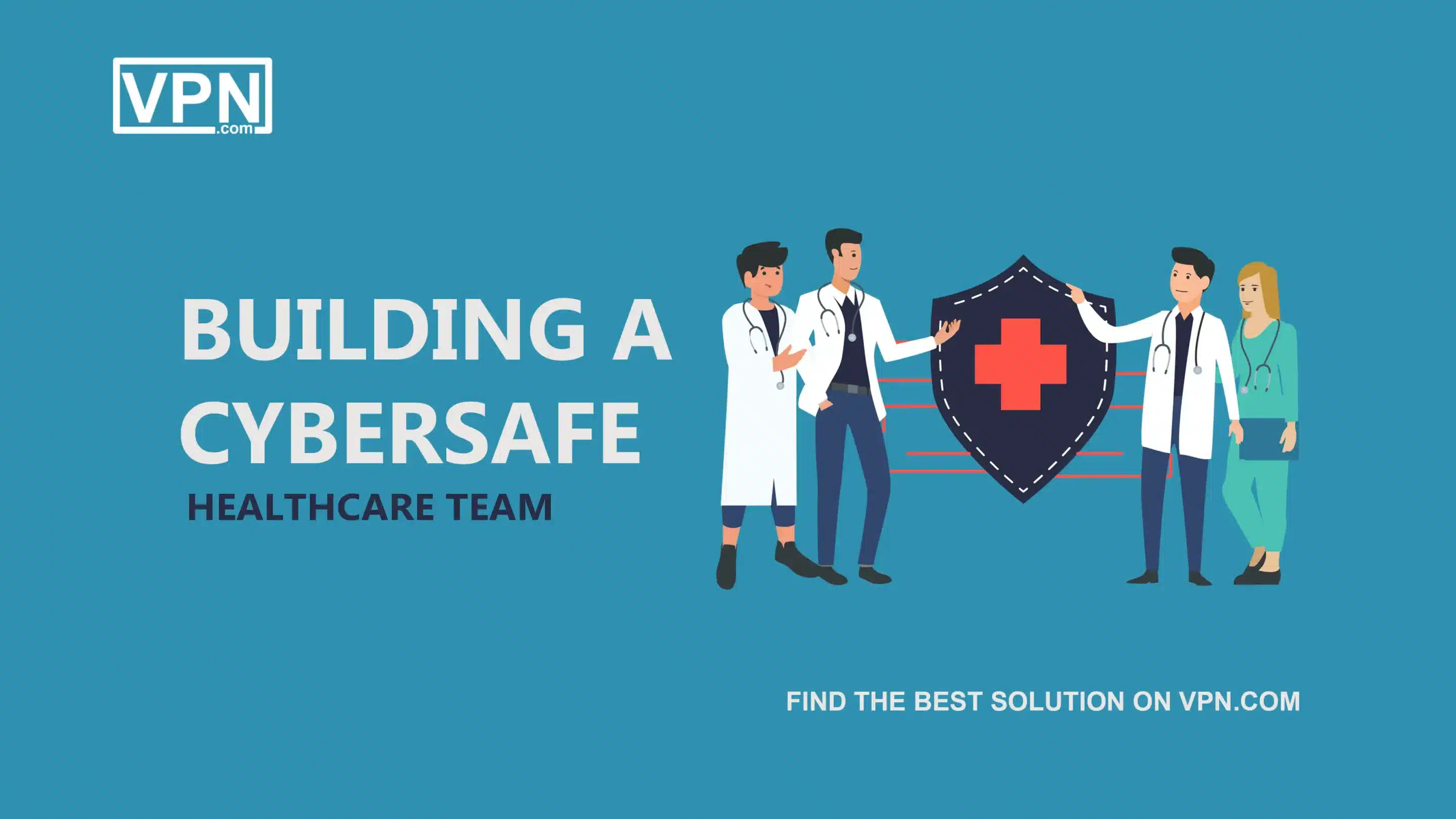
We’re All in This Together
Keeping patient data secure isn’t just up to you. It takes a united effort from everyone in the healthcare facility to create a truly cyber-safe environment.
Learn To Spot Threats
Regular training helps all staff, including nurses, learn about the latest cyber threats and how to stop them. Knowing what to look out for is super important.
If You See Something, Say Something
If you ever notice anything suspicious or potential cyber threats, speak up right away! Quickly reporting issues can prevent bigger problems down the road.
MustFollow Security Rules
To lock down security, healthcare facilities have important rules like:
Keeping software and security updates installed
- Only using approved devices and programs on work networks
- Regularly checking for any security holes and fixing them
A United CyberSafety Force
By working as a team, receiving ongoing training, and following strict security protocols, we can build a healthcare community that beats back cyber threats.
Your Actions Matter
Every time you use strong passwords, watch for phishing emails, or keep patient info private, you are helping protect people’s personal data. Your role in this cyber safety mission is crucial!
Together we can create a safe, secure, and trusted environment for providing excellent patient care.
Super Tech for Cyber Safety
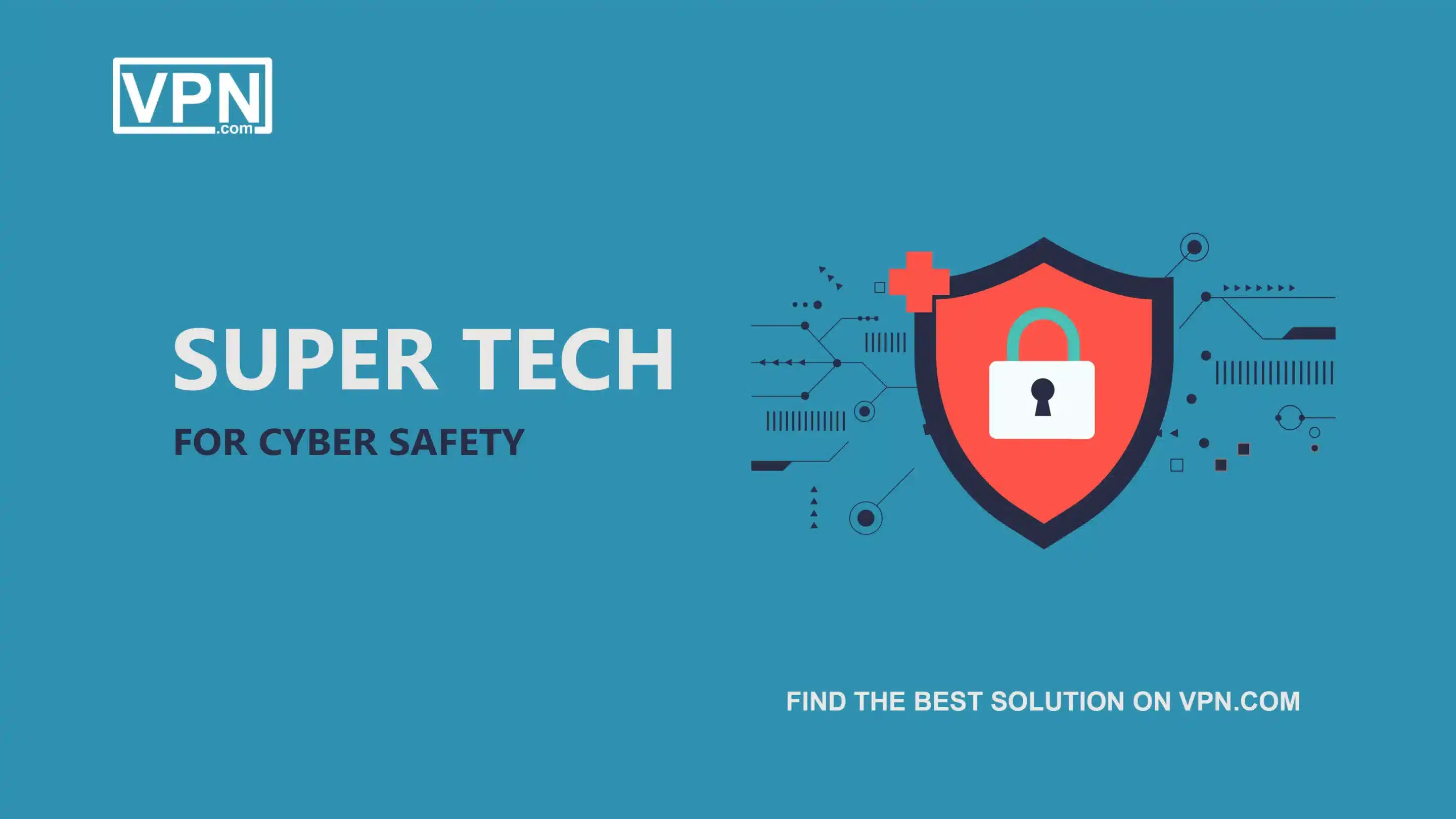
While being careful is key, healthcare facilities can also use powerful tech tools to boost healthcare cybersecurity. Here are some super helpful technologies:
Cybersecurity Shields
- Firewalls and intrusion detectors watch for bad guys trying to get in and block them
- Encryption scrambles sensitive data, protecting it when stored or traveling
- Security info systems collect and analyze logs to spot potential threats
Data Backup Plans
Having secure backup plans helps minimize damage if ransomware attacks or data is lost. Critical info can be quickly and safely restored.
AI Cybersecurity Superheroes
Artificial intelligence can work 24/7, detecting weird activities that may be cyber threats. These smart systems constantly monitor suspicious behavior.
The Cyber Safety Journey Never Stops
As cyber threats constantly change, healthcare must stay ahead. By using the latest security tech, following cybersecurity tips for nurses and medical staff, and working together, nurses and staff play a huge role.
Your Actions Create Powerful Protection
Every time you use strong passwords, check emails before opening them and properly handle patient data, you help secure the entire system.
Together, we can use both human caution and advanced technologies to build an ultra-cyber secure place where patient privacy is the top priority.
Staying CyberSafe Takes Teamwork
It’s an ongoing mission requiring everyone’s involvement in leadership, IT staff, nurses, doctors, and all employees. When we combine:
- Ongoing cyber training
- Quickly reporting potential threats
- Following all security protocols
- Using cutting-edge security tech
We create a powerful cyber defense that keeps patient data protected and allows focus on providing excellent care. Your role in this cyber-safe environment is vital! Each careful action you take strengthens the security of the entire healthcare system.

Get Started w/ NordVPN Today
- Top-rated VPN for OS unknown
- Ultra-fast speed in US in 2024
- Save 69% off with VPN.com Discount
- Plans starting at $2.99/month
- Rated 4.5/5 on Google Play with over 825,000 reviews
- Rated 4.7/5 on Apple App Store from 6,600 users
10 Huge Cyber Don’ts For Healthcare Heroes
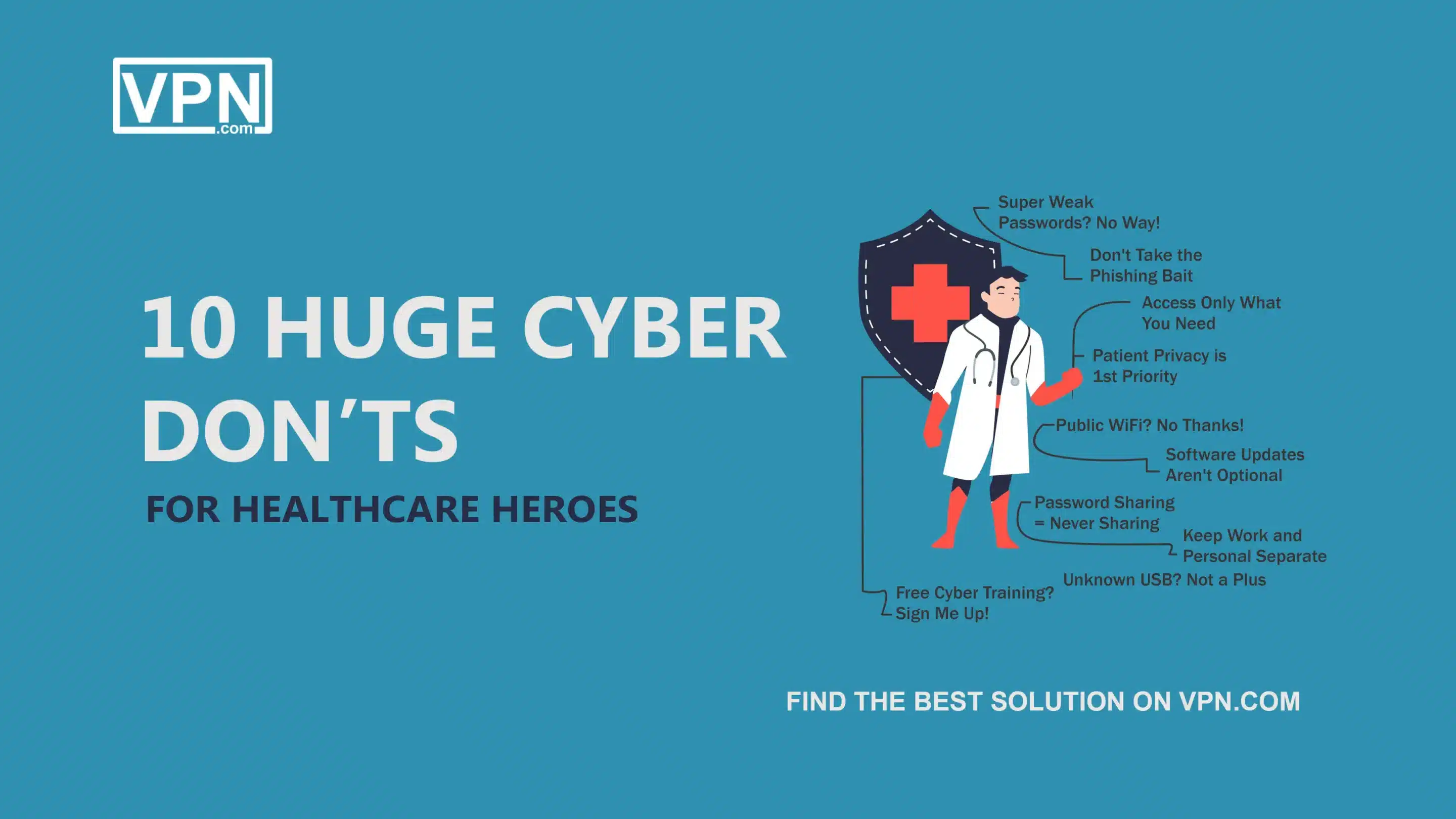
Super Weak Passwords? No Way!
Using passwords that are too obvious or easy to guess is like leaving the front door wide open for cybercrooks. Avoid using personal details, common words, or simple number combos as passwords. Instead, create unique logins for each account by mixing up letters, numbers, and symbols.
Don’t Take the Phishing Bait
Cybercriminals love using phishing emails to trick people into clicking bad links or downloading infected files. Even if an email looks legit, don’t open anything from senders you don’t recognize or weren’t expecting. One wrong click could let the bad guys sneak in.
Access Only What You Need
As healthcare staff, you get access to a lot of private patient info but only view what’s required for your specific job role. Going any further is considered snooping and can get you in huge trouble like data breaches or legal issues. Not worth it!
Patient Privacy is 1st Priority
Protecting patient confidentiality is super important. Don’t risk sharing personal details over unsecured channels like public WiFi, personal email, or unsecured messaging apps. Only use your workplace’s approved, secure communication tools.
Public WiFi? No Thanks!
Public WiFi hotspots are often wide open for hackers to snoop around. Big nono for accessing work systems or sensitive info. Stick to your employer’s secure network or a trusted VPN connection.
Software Updates Aren’t Optional
Putting off software updates for your devices and programs leaves them vulnerable to the latest cyber threats and hacking tricks. Not updating is like ignoring a gaping hole in your defenses! Install updates promptly whenever available.
Password Sharing = Never Sharing
Your logins and passwords are private; don’t share them with anyone, not even colleagues you trust. Sharing credentials put account security at serious risk and makes it way too easy for the wrong eyes to get in.
Keep Work and Personal Separate
Never use personal devices like phones or tablets in patient areas or for work purposes. Charging them in clinical zones increases the risk of data exposure or theft. Only use approved work devices in secure designated areas.
Unknown USB? Not a Plus
Random USB drives could be preloaded with malware just waiting to infect your systems and steal data. Only trust storage devices provided by your employer. Everything else is too risky.
Free Cyber Training? Sign Me Up!
Hackers are always coming up with new sneaky tricks. By going to your workplace’s regular cyber training sessions, you’ll learn about the newest threats and how to stop them before they happen. You’ll also learn the latest tips for preventing cyber-attacks and what to do if one occurs. Taking time for this training protects you and your patients!
Following the top 10 cyber security dos and don’ts is super important. It’s how we create a really secure and safe healthcare environment that puts patient privacy and safety first. When we all work together as cyber heroes, we become an unstoppable cybersecurity force that the hackers can’t beat!
VPN.com: Cyber Shield for Healthcare Heroes
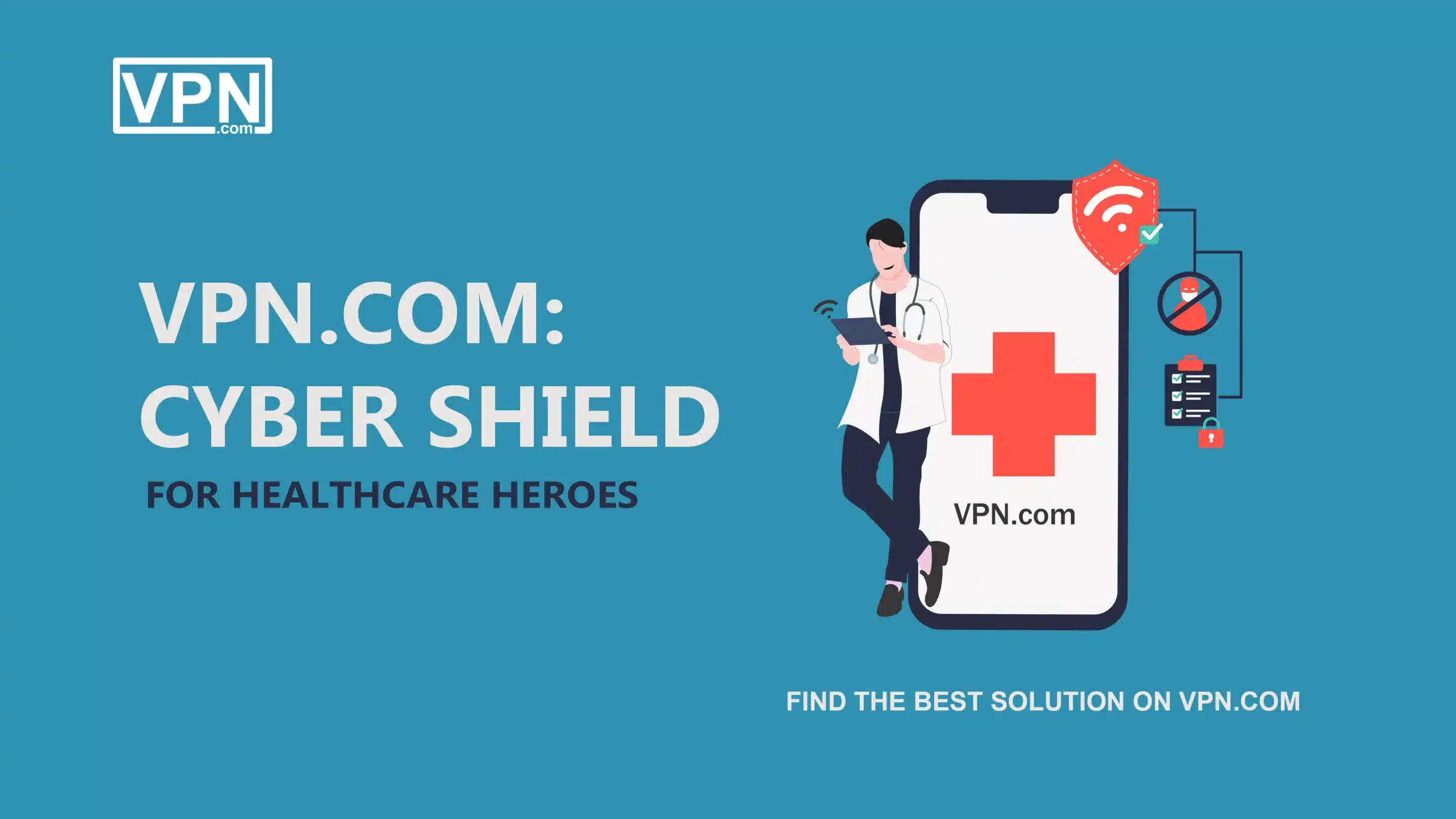
In hospitals and clinics, keeping patient info safe is considered the top priority. However, cyber threats like hackers and data leaks are constant threats.
As the medical superhero, either the nurse or medical staff, you should be the one protecting your patients’ personal information. That’s where VPN.com can help – it’s like the most powerful and reliable tool for healthcare cybersecurity.
What is a VPN?
A VPN (Virtual Private Network) is like a secret tunnel for your internet activities. It hides your online connection, keeping bad people from seeing and stealing your information. Think of it as an invisible superhero cape protecting you from cyber-attacks!
Locking Down Patient Privacy
Patient medical records, treatments, and personal details are precious information that need protection. VPN.com ensures this data stays 100% confidential and secure, whether you’re accessing it at work or remotely.
Safe Remote Access Anywhere
Working from home? No problem! VPN.com lets you safely connect to your workplace’s systems from any location. No more worrying about unsafe public WiFi risking a data breach. Your remote access is fully encrypted and hacker-proof.
Following the Rules
VPN.com helps healthcare facilities follow important rules like HIPAA for properly handling patient information. By encrypting data and securing remote access, you can focus on caring for patients with zero privacy concerns.
Super Easy to Use
Using VPN.com isn’t complicated tech wizard stuff. It’s designed for anyone to easily set up, with simple apps that just work across all your devices. Cyber safety is made straightforward!
24/7 Support
If you ever get stuck or need help, VPN.com’s support team has your back 24/7. Get your questions answered and issues resolved by the experts.
As healthcare heroes, keeping patients’ trust is everything. VPN.com gives you a powerful cybersecurity shield so you can focus on providing excellent care. Embrace this vital tool and become a true patient privacy champion!

Get Started w/ NordVPN Today
- Top-rated VPN for OS unknown
- Ultra-fast speed in US in 2024
- Save 69% off with VPN.com Discount
- Plans starting at $2.99/month
- Rated 4.5/5 on Google Play with over 825,000 reviews
- Rated 4.7/5 on Apple App Store from 6,600 users
The Bottom Line
The medical staff, nurses, and assistants are the cyber heroes protecting patient privacy and data in healthcare! As nurses and medical staff working upfront, your healthcare cybersecurity holds significant importance. First, you should learn more about common cyber threats.
These threats could be very dangerous, such as ransomware, phishing scams, and data breaches. Then, you must follow cybersecurity tips for nurses and medical staff such as using strong passwords, carefully checking emails before opening, and properly handling all patient information.
Don’t leave cyber safety just in the hands of the IT team. It is the responsibility of every healthcare professional to make it a responsibility. You should work together as a team to create a safe environment. Cyber security will be considered the top priority. Stay informed on the latest threats, remain vigilant and proactive, and report anything suspicious immediately. Your good cyber habits will be helpful to protect patient privacy and care.
Remember, that invaluable patient data can only be secured by your safety precautions. And your actions will prove you as a cyberhero! Making cyber security a natural habit in healthcare builds a truly safe and trusted environment. You must protect and prove your services for providing excellent patient care.
Use VPN.com to stay protected from mischievous users and unknown attackers. Give us a try to protect your patient’s data and information.
Customer Reviews for NordVPN: In-Depth Review, Tests, and Stats

Connection issues with MLB.TV
May, 2 2023

Prompt customer service
May, 6 2023

I would highly recommend
December, 15 2023



